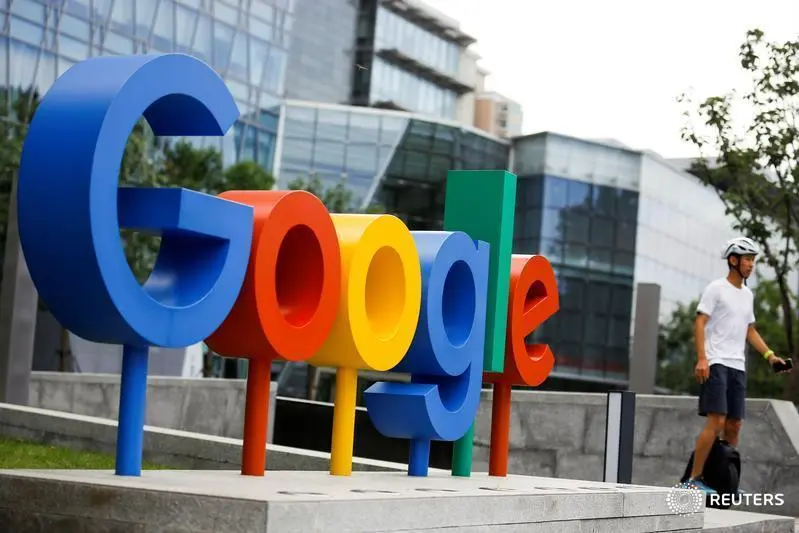PHOTO
LONDON - Europe wants to give news publishers a helping hand. The dominance of technology companies like Google and Facebook mean its efforts will make little difference.
Lawmakers in the European Parliament could on Wednesday vote to create a class of copyright for news groups. If passed, and subsequently agreed with the European Commission and Council, media companies could demand a fee from search engines and social-media sites that show snippets of their articles.
The idea is to use copyright law to give newspapers a slice of Google and Facebook’s advertising revenue. Film producers, record labels and broadcasters enjoy similar protections on top of the rights held by writers and musicians. Almost 80 percent of streaming-service Spotify’s SPOT.N $4.7 billion in revenue last year was handed straight to suppliers including music labels. Cable groups pay chunky fees to carry U.S. TV channels – a model media mogul Rupert Murdoch says could be copied between news groups and Facebook. Europe’s proposed rules could give such charges a legal basis.
Except they probably wouldn’t. News is far more commodified than music, TV and film. Spotify would haemorrhage subscribers if a major label pulled its music, as would a cable company without ESPN or Fox News. Google and Facebook, however, are big enough to ignore news publishers demanding a fee.
Precedents aren’t encouraging. In Spain, the search engine removed Spanish publishers from its Google News service in 2014 after the country mandated copyright fees. A 2013 German law said that publishers must be paid when news aggregators show excerpts of articles. When Google refused to negotiate, major news organisations waived the fee. They were scared of being removed from web searches, reducing the number of visitors to their sites.
In theory, Europe-wide rules might allow news groups to club together and increase their bargaining power. But cooperation is a faint hope. Individual publishers would have an irresistible incentive to renege, waive the fee and suck up more traffic than competitor sites.
The root of the issue is that sites like Google and Facebook have overwhelming market power. That’s worth addressing through antitrust law. France, for example, said in March that its competition body may investigate the digital-advertising market the pair dominate. Europe’s copyright tweaks are unlikely to make much of a dent.
On Twitter https://twitter.com/liamwardproud
CONTEXT NEWS
- Lawmakers in the European Parliament will on Sept. 12 vote on proposals designed to update copyright laws for the digital age.
- The European Commission, which is the bloc’s executive body, put forward rules in 2016 to protect Europe’s cultural heritage and level the playing field between news publishers, rights holders and big online technology platforms.
- The proposals would give news publishers the right to remuneration from groups like Google for using their articles, and put the onus on sites like YouTube for protecting music and video copyright.
- For previous columns by the author, Reuters customers can click on PROUD/
- SIGN UP FOR BREAKINGVIEWS EMAIL ALERTS http://bit.ly/BVsubscribe
(The author is a Reuters Breakingviews columnist. The opinions expressed are his own.)
(Editing by George Hay and Bob Cervi) ((liam.proud@thomsonreuters.com; Reuters Messaging: liam.ward-proud.thomsonreuters.com@reuters.net))





















